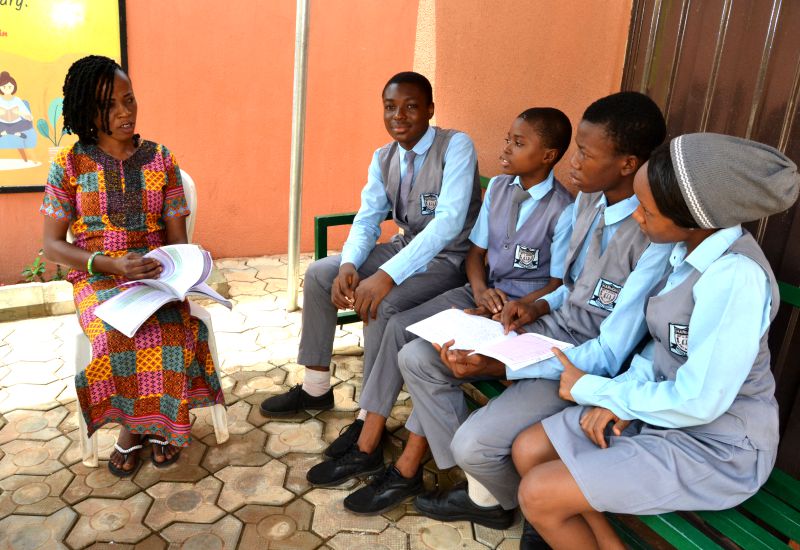In recognition of aid workers who have lost their lives in the course of duty, every year on 19th of August, the international community marks World Humanitarian Day…
In different countries, different strategies have been employed to fight the spread of the virus. Although these strategies are necessary, they have harmed the socio-economic status of these countries affecting a wide range of people. Children, unfortunately, are not left out of the effects of the virus, whether directly via infection with the virus or indirectly through the effects of the policies being put in place to combat the spread of the virus.
The World Humanitarian Day established by the UN General Assembly in December 2008 was first observed in August 2009.
The Day also marks humanitarian needs worldwide and the relevance of individual cooperation in meeting these needs. Every year, there is immense suffering for millions of people especially in the poorest, most marginalized and vulnerable countries and aid workers continue to provide assistance to these communities, regardless of location.
People affected by crises, natural disasters etc., have risen over the past decade, and about 211 million people are directly affected each year. Women and children are more vulnerable because of their ongoing struggles with insecurity, poverty, hunger, poor health, and environmental decline. The increasing global challenges and economic crisis increases the need for humanitarians each year.
In 2020, COVID-19 has been the biggest challenge to all humanitarians and their duties. Aid workers are confined by access hurdles to assist people in crises as a result of the restrictions placed by Governments around the world resulting in communities, civil society, and local NGOs being the frontline of the response
On the 28th of July, TNCI in collaboration with partners- NeoChild Care, Doci Health Care, Communeating (Diet234.com), Smile With Me Foundation, SchoolKits Limited, Fola David Foundation and Health Drive- reached out to the Ebute Ilaje Community, Bariga, Lagos to screen and educate the community about the viral hepatitis disease in her “Find the Missing Million” Hepatitis Campaign, as a way of providing humanitarian services to the community irrespective of the Global Pandemic.
In 2019 according to the United Nations, Humanitarians had so far-
- Vaccinated 28.9million children globally against measles.
- 6.9million children (6—59 months), pregnant and lactating women with acute malnutrition have been admitted newly for treatment globally.
- 32.2million people were provided with access to safe water for drinking, cooking, and personal hygiene.
- 92.6million children and caregivers worldwide accessed mental health and psychosocial support.
Humanitarian aid is based on principles like humanity, impartiality, neutrality, and independence. Everyone can be a humanitarian. Humanitarians sometimes endanger their own lives to save others as a first-line response to a crisis and are most times the last to leave a crisis scene. Hence, such individuals deserve mention and celebration.
TNCI commemorates humanitarian workers all over the world and recognizes those killed and those injured in the course of their work but who in some cases continue, despite the odds, to provide life-saving support and protection to people most in need.
Happy World Humanitarian Day, 2020!
Our world is a better place for having you in it.

